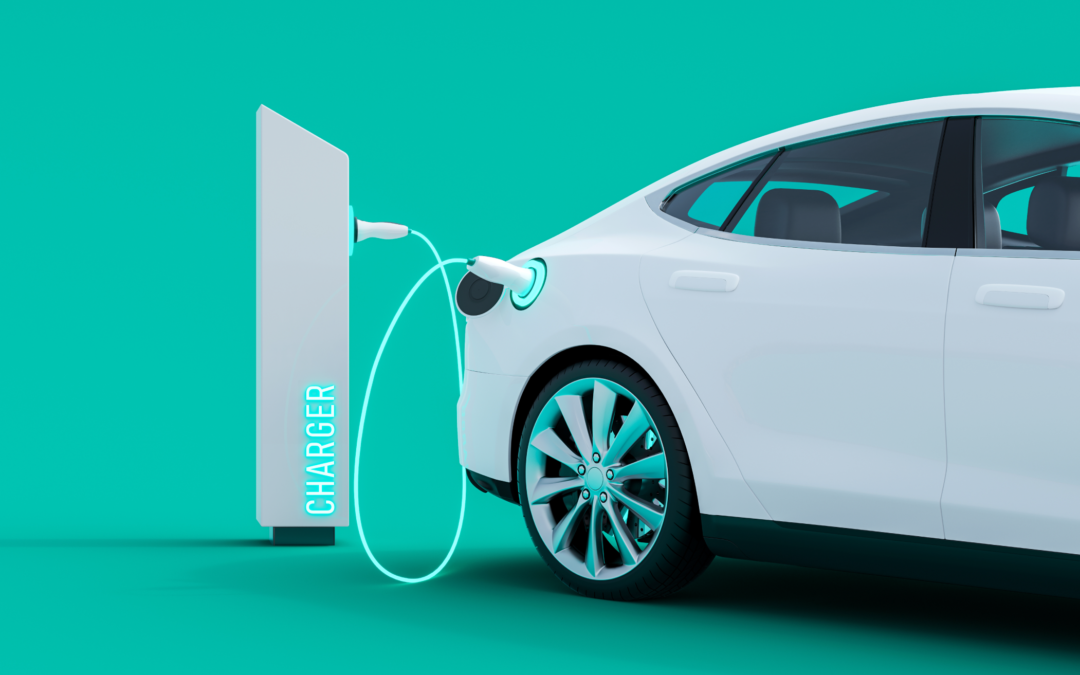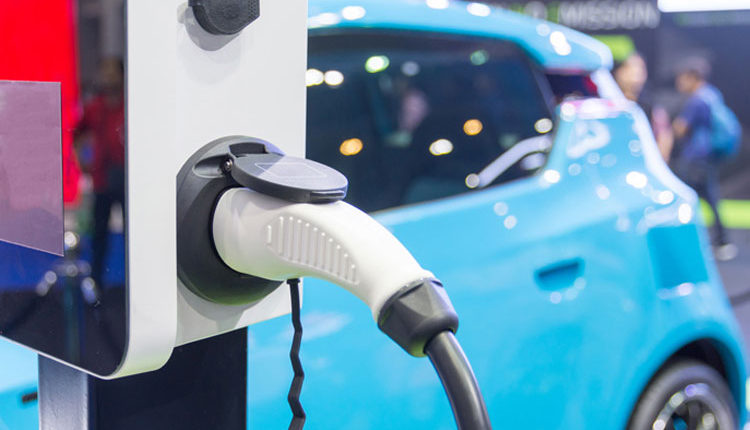Everything You Should Know Before You Decide to Buy EV Charging news
Everything You Should Know Before You Decide to Buy EV Charging news
Blog Article
New Advancement in EV Charging: Just How the Sector Is EVolving to Meet Demand
As the electrical car (EV) market remains to expand, the billing facilities is undergoing substantial transformations to resolve the rising need. Secret advancements in ultra-fast billing technologies, combined with smart grid assimilation, are reshaping the landscape. In addition, innovations in battery modern technology pledge improved efficiency and sustainability. Nevertheless, the quest of international charging requirements continues to be a crucial element in enabling smooth individual experiences and prevalent fostering. The ramifications of these innovations increase vital inquiries about the future of EV billing and its function in the broader energy community.
Growth of Charging Framework
The quick development of electrical automobile (EV) billing facilities is a vital part in helping with the extensive fostering of electric wheelchair. As governments, private business, and customers increasingly identify the importance of lowering carbon emissions, investments in charging networks have risen. This facilities development is necessary to alleviate variety anxiousness, guaranteeing that EV customers have hassle-free access to charging terminals.
Significant innovations in charging station modern technology and implementation techniques have arised. Urban areas are seeing an expansion of public billing terminals, while country areas are progressively being incorporated into the billing network. Partnerships between vehicle producers and charging providers are becoming extra typical, assisting in the facility of extensive networks that enhance user experience and access.
In addition, the integration of renewable resource sources into billing terminals is obtaining momentum, advertising sustainability in the EV environment. This shift not only sustains ecological objectives yet also straightens with the increasing need for green energy remedies among consumers.
Ultra-Fast Charging Technologies
Ultra-fast charging technologies stand for a substantial leap onward in the EV billing landscape, enabling electric vehicles to reenergize in a portion of the time contrasted to traditional billing approaches. These innovations typically deliver power levels exceeding 150 kW, with some systems getting to up to 350 kW or even more, significantly reducing charging times to just 15-30 mins for a substantial cost.
Secret making it possible for innovations consist of innovations in battery chemistry, power electronics, and thermal monitoring systems. As an example, high-capacity batteries with boosted thermal security permit faster billing without overheating. Additionally, growths in charging infrastructure, such as liquid-cooled cords and modular billing terminals, facilitate effective power transfer, enhancing the total customer experience
Significant automotive producers and innovation companies are actively investing in ultra-fast billing networks, recognizing the crucial function they play in getting rid of array anxiousness and accelerating the adoption of electric vehicles. As these technologies end up being more commonly available, the EV market is expected to witness significant growth, making electrical wheelchair a much more attractive choice for consumers. In general, ultra-fast charging modern technologies are pivotal in shaping the future of lasting transport, leading the way for a much more extensive and efficient billing environment.
Smart Grid Assimilation

Via need reaction approaches, wise grid systems can readjust billing timetables based on grid problems and electrical power prices. Throughout durations of high demand, charging can be postponed to off-peak hours, resulting in lower expenses for consumers and lowered pressure on the grid. In addition, vehicle-to-grid (V2G) modern technologies allow EVs to release energy back into the grid, enhancing and supplying supplementary services grid stability.
Combination with renewable resource resources even more boosts the sustainability of EV billing. By straightening charging activities with periods of high solar or wind generation, wise grids promote a greener billing facilities. Eventually, smart grid assimilation not just supports the growing need for EVs yet likewise adds to a more durable and lasting power future, positioning the market for long-term success.
Battery Advancements
Amidst the fast evolution of electrical lorries (EVs), battery advancements stand at the center, driving innovations in effectiveness, efficiency, and sustainability. As the demand for EVs surges, scientists and makers are concentrating on improving battery innovations to deal with challenges such as range stress and anxiety and charging times.
Lithium-ion batteries continue to be the most widely made use of technology, yet brand-new materials and chemistries are emerging to enhance power density and longevity. Solid-state batteries, for example, guarantee better power storage space capacity and enhanced security by changing liquid electrolytes with strong ones. This change might substantially minimize the danger of fire and increase the lifespan of batteries.
Additionally, developments in battery reusing procedures are critical for sustainability. Business are creating methods to recuperate beneficial materials like lithium, cobalt, and nickel from utilized batteries, promoting a circular economic situation and reducing ecological influence.

Global Billing Criteria

Initiatives are underway to establish global billing standards that assist in compatibility among numerous EV designs and billing stations. Organizations such as the International Electrotechnical Compensation (IEC) and the Culture of Automotive Engineers (SAE) are functioning collaboratively with auto producers and power suppliers to produce this website detailed standards. EV Charging news. These requirements objective to streamline the billing process, lower the demand for numerous adapters, and improve individual experience
Furthermore, standardization can considerably boost the expansion of the charging network, as it motivates investment by making infrastructure growth more predictable and effective. As the EV market matures, a unified strategy to charging requirements will certainly be crucial for ensuring that consumers can bill their automobiles conveniently and accurately, thus supporting the more comprehensive transition to lasting transport.
Final Thought
The electric vehicle charging industry is undertaking considerable transformation to resolve the rising demand for link lasting transportation. Innovations in charging infrastructure, ultra-fast innovations, clever grid integration, and innovative battery remedies are critical in improving user experience and functional efficiency. The quest of international billing criteria is essential for ensuring interoperability across different regions and systems. Jointly, these growths place the sector to support a broader fostering of electric automobiles, inevitably contributing to an extra lasting future.
Urban locations are seeing a spreading of public billing stations, while rural areas are slowly being integrated right into the charging network. Furthermore, growths in billing framework, such as liquid-cooled cords and modular billing stations, assist in reliable power transfer, improving the total customer experience.
Generally, ultra-fast charging technologies are crucial in forming the future of sustainable transportation, paving the means for a much more reliable and comprehensive charging ecological community. - EV Charging news
By lining up charging tasks with periods of high solar or wind generation, clever grids promote a greener charging framework.Initiatives are underway to establish global charging criteria that promote compatibility among different EV versions and billing terminals.
Report this page